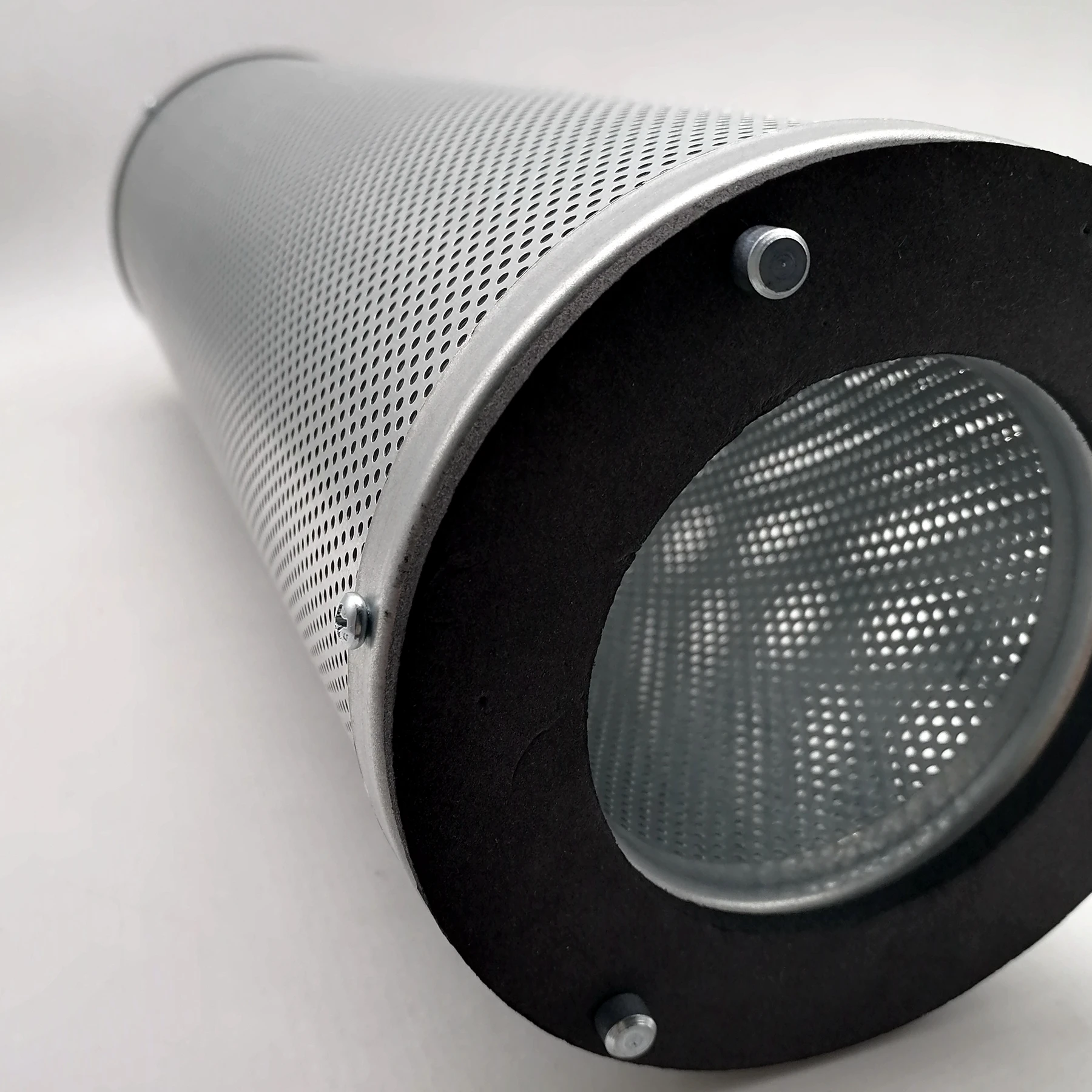 Tel:
+8615930870079
Tel:
+8615930870079
Νοέ . 18, 2024 14:19 Back to list
filter cartridge dust collector
The Importance of Filter Cartridge Dust Collectors in Industrial Settings
In modern industrial environments, the management of airborne particles is critical not only for maintaining equipment but also for ensuring the health and safety of workers. One of the most effective solutions for controlling dust and particulate matter in various industries is the filter cartridge dust collector. This advanced system has garnered popularity due to its efficiency, compact design, and ability to minimize emissions.
Understanding Filter Cartridge Dust Collectors
Filter cartridge dust collectors utilize cylindrical filter elements made from various materials, designed to capture and contain dust particles. These cartridges serve as the primary filter medium, trapping particulates as air passes through them. The design ensures a high surface-area-to-volume ratio, allowing for effective dust collection without occupying excessive space in the facility.
The operation starts when dusty air is drawn into the collector through a fan or blower. As the air moves through the filter cartridges, particulate matter is captured on the surface of the filter material, while the cleaned air is expelled back into the environment. Over time, the accumulation of dust leads to an increase in pressure drop across the filter, which necessitates cleaning.
Effective Dust Control and Frequent Maintenance
One of the key advantages of filter cartridge dust collectors is their ability to provide efficient dust control while requiring minimal maintenance. Modern systems are equipped with automatic cleaning mechanisms such as pulse jet cleaning. This process involves the periodic release of compressed air bursts that dislodge accumulated dust from the cartridges, allowing for continuous operation without extensive downtime.
Additionally, the cartridges can be replaced easily when they reach the end of their operational life, ensuring that the dust collector maintains its efficiency. This ease of maintenance is particularly beneficial for industries that deal with high volumes of dust, such as woodworking, metalworking, food processing, and pharmaceutical manufacturing.
filter cartridge dust collector

Health and Environmental Benefits
Aside from operational efficiency, filter cartridge dust collectors play a significant role in enhancing workplace safety. By capturing harmful dust particles, these systems help to minimize the risk of respiratory ailments among workers. Prolonged exposure to dust can lead to serious health issues, including lung diseases and other chronic conditions. Therefore, investing in effective dust collection systems is not only an obligation but also a moral responsibility for employers.
Moreover, these collectors contribute to environmental protection by reducing air pollution. Industries are subject to strict regulations concerning air quality, and utilizing a filter cartridge dust collector helps ensure compliance. By controlling emissions, businesses can reduce their environmental footprint and promote healthier ecosystems.
Cost-Effectiveness and Energy Efficiency
While the initial investment in filter cartridge dust collectors may seem significant, the long-term benefits outweigh the costs. Their design allows for efficient airflow, which can reduce energy consumption compared to traditional dust collection systems. Furthermore, the reduced need for maintenance and replacement parts enhances overall operational cost-effectiveness.
Technological Advancements and Future Trends
As industries continue to evolve, so too does the technology behind dust collection systems. Innovations such as smart monitoring systems are being integrated into filter cartridge dust collectors, providing real-time data on filter performance and air quality. This data allows for predictive maintenance and more effective decision-making, enhancing the overall efficiency of industrial operations.
In conclusion, filter cartridge dust collectors are indispensable in maintaining clean and safe industrial environments. Their efficient design, low maintenance requirements, and environmental benefits make them a strategic investment for businesses looking to protect their workforce while complying with regulatory standards. As technology continues to advance, these systems will undoubtedly become even more sophisticated, further enhancing their role in pollution control and industrial safety.
-
Types and Applications of Air Filtration CartridgesNewsJul.28,2025
-
The Role of Gas Turbine FiltersNewsJul.28,2025
-
Mastering Air Filter Cartridge UseNewsJul.28,2025
-
Advanced Turbine Filters for Modern Gas TurbinesNewsJul.28,2025
-
Cellulose Air Filter Cartridge Advantages in Dust FiltrationNewsJul.28,2025
-
Cellulose Filters for Air Particle ReductionNewsJul.28,2025

 Email:
Email:





